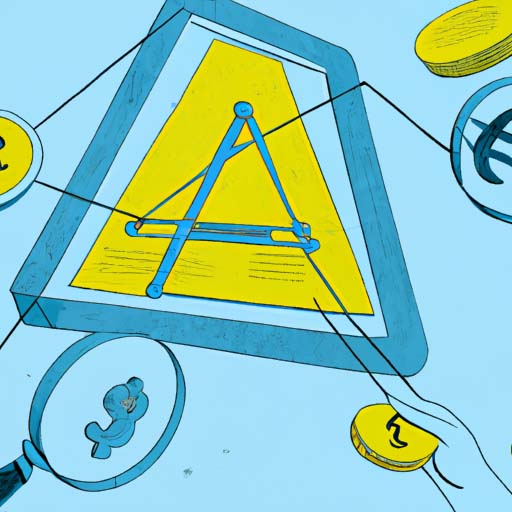The key points of this article are:
- Prof. Ilya Strebulaev of Stanford University highlights the contributions of VCs in financing some successful startups.
- However, the article argues that the entrepreneurs or “Unicorn-Entrepreneurs” behind these ventures should receive more credit for their success.
- Examples cited include Apple, Microsoft, Alphabet (Google), Amazon, Nvidia, Meta (Facebook), and Tesla.
- The article suggests that business schools should focus more on teaching “Unicorn-Entrepreneurship” to help create more successful ventures outside of Silicon Valley.
Who Are The Real Catalysts In 7 VC Unicorns: VCs Or Entrepreneurs?
Prof. Ilya Strebulaev of Stanford University points out the contributions of VCs by noting that they were financiers of some giant VC-backed “startups” of the last 50 years. But, in VC as in life, what you see may not always be what you get. The list includes:
- Apple: Apple is an interesting company. VCs invested in Apple, and then the board, which included the VCs who funded Apple, fired Jobs. Over the next few years, Apple was fast speeding downhill on its way to irrelevance. Out of sheer desperation, Jobs was invited back and, with funding from Bill Gates, turned Apple into one of the world’s greatest companies.
- Microsoft: Bill Gates and Paul Allen started Microsoft and built it into the leader at the center of the emerging personal computer industry. After he took off, he raised a small amount of VC primarily because he wanted an experienced investor on his board.
- Alphabet: About 10 VCs rejected Google when it was launched. And by the time leading VCs invested in the company, it had taken off and had launched the business of selling search terms. The VCs came later.
- Amazon: Jeff Bezos raised capital from a group of angels, including his parents, to start Amazon.com. After taking off, he obtained late-VC to dominate online retail. John Doerr invested in Amazon when it had just jumped from around $500,000 in revenue the year before to more than $15 million and was due to hit $148 million the next year.
- Nvidia: Silicon Valley VC fund (Sequoia) should get credit along with Jensen Huang and the management team. The VC fund seems to have invested when Nvidia was a real startup, i.e., before customers or users.
- Meta: Mark Zuckerberg took off with funding from his family and fellow students. By the time VCs realized his potential, he had attracted so many users and created so much credibility and proof of potential that he was able to get VC with proxies from the investors to control their votes. Zuckerberg controls more than 50% of Facebook’s voting rights but owns less than 30% of the company.
- Tesla: Unicorn-Entrepreneurs, i.e., entrepreneurs who have already built a very successful venture, often find it relatively easy to get VC for their next venture. Musk was already a cofounder of Paypal and had invested his capital in Tesla.
This is not to undermine the role of VCs in taking risks and providing valuable funding. Instead, it emphasizes the context in which VCs excel – when they can invest in potential unicorn-ventures after Unicorn-Entrepreneurs have demonstrated proof of potential. We need more Unicorn-Entrepreneurs. And more business schools that teach Unicorn-Entrepreneurship that can make VC more successful everywhere, especially outside Silicon Valley.
MY TAKE: We should replace VC with Unicorn-Entrepreneurship as the prime focus for business schools. Placing the spotlight on Unicorn-Entrepreneurship, which was used by 94% of billion-dollar entrepreneurs to start without VC and 76% to scale without VC, can help all entrepreneurs to create unicorns everywhere rather than the few in Silicon Valley. And it can also create more unicorns for VCs.






